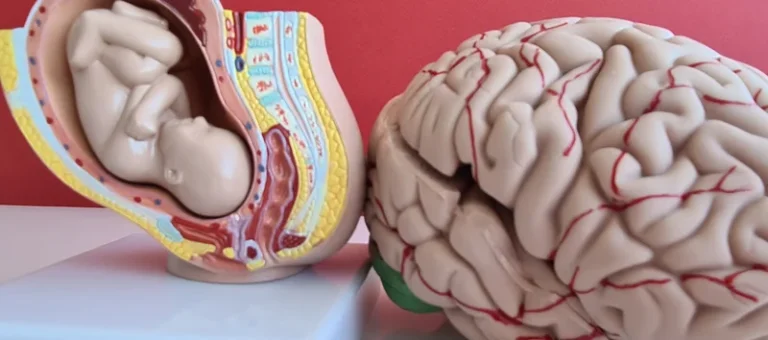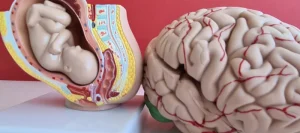Reminding yourself that you can’t “fix” your loved one — but you can be there for them — can help you cool off, says Elhaj. What might look like denial may actually be a lot more complicated and multilayered for people with high-functioning AUD. But maybe they drinka few glasses of wine each night to help them fall asleep.
Treatment Is Critical to Recovery
A detox must be done slowly and gradually to avoid overwhelming your system and triggering life-threatening withdrawal symptoms. Depending on your situation, you may need to learn how to live with an alcoholic in denial, as well as work out other ways to help them see the truth. They may not be ready to give up drinking alcohol – the very thought of it could feel terrifying and overwhelming. It can be easier to deny that https://ecosoberhouse.com/article/how-to-make-your-home-more-environmentally-friendly/ there is a problem for themselves and others.
How is alcohol withdrawal managed?
Drinking to relieve or avoid withdrawal symptoms is a sign of alcoholism alcoholism and denial and a huge red flag. When you drink heavily, your body gets used to the alcohol and experiences withdrawal symptoms if it’s taken away. Often, family members and close friends feel obligated to cover for the person with the drinking problem. So they take on the burden of cleaning up your messes, lying for you, or working more to make ends meet.
- It may take a lot of effort and patience, but it sure will be worth it.
- In such a manner, they can avoid confronting the reality that they have a drinking problem.
- They feel the need to justify and protect their actions as a personal choice or right.
- You can also call the Substance Abuse and Mental Health Services Administration (SAMHSA) Helpline.
Other signs and symptoms of alcoholism
If you think someone you know is in denial about living with alcohol use disorder, there are ways you can help them. Loved ones sometimes protect the person who is experiencing an alcohol problem, making excuses for their poor behaviors and failure to manage responsibilities. Oftentimes, enablers are family members who are attempting to protect the person with the alcohol problem. Additionally, long-term effects of alcohol result in brain damage and compromise different functions of the brain, including insight and other frontal lobe processes.
Login options
Addiction Resource aims to provide only the most current, accurate information in regards to addiction and addiction treatment, which means we only reference the most credible sources available. “Mental health care is critical for achieving long-term success in overcoming AUD,” says Elhaj. “Always approach a loved one from a place of support and desire to help them, instead of leading with judgment or anger,” says Omar Elhaj, MD, a senior medical director at LifeStance Health.
When confronted about their alcohol use, some people may attempt to rationalise their behaviour to make it seem more acceptable. This page will explain in depth why denial is such a common symptom of alcohol, how to tell whether someone is in denial and what you can do to help. Mental health and wellness tips, our latest guides, resources, and more. Take the assessment and get matched with a professional, licensed therapist. Expose your teen to healthy hobbies and activities, such as team sports, Scouts, and after-school clubs.
- This disorder also involves having to drink more to get the same effect or having withdrawal symptoms when you rapidly decrease or stop drinking.
- This psychological defense mechanism can be challenging to break through but is essential for recovery from addiction.
- For example, performing poorly at work, flunking classes, neglecting your kids, or skipping out on commitments because you’re hung over.
- The person with alcohol use disorder may try to justify their behaviors or offer reasonable alternatives to why something happened.
Health Challenges
- This can help the person with AUD feel more at ease and might help them accept that they need treatment for their alcohol use.
- Anger and frustration can be tough emotions when supporting someone with AUD.
- For example, they might use breath mints or mouthwash as an excuse for the smell of alcohol on their breaths.
- Even if your loved one displays many of the symptoms listed above, they may continue to deny that they have a problem.
Many people today do not view addiction as a disease, which it is. This stigma creates shame, guilt and fear in individuals who are addicted to alcohol. Do you have to drink a lot more than you used to in order to get buzzed or to feel relaxed? These are signs of tolerance, which can be an early warning sign of alcoholism. Tolerance means that, over time, you need more and more alcohol to feel the same effects.




